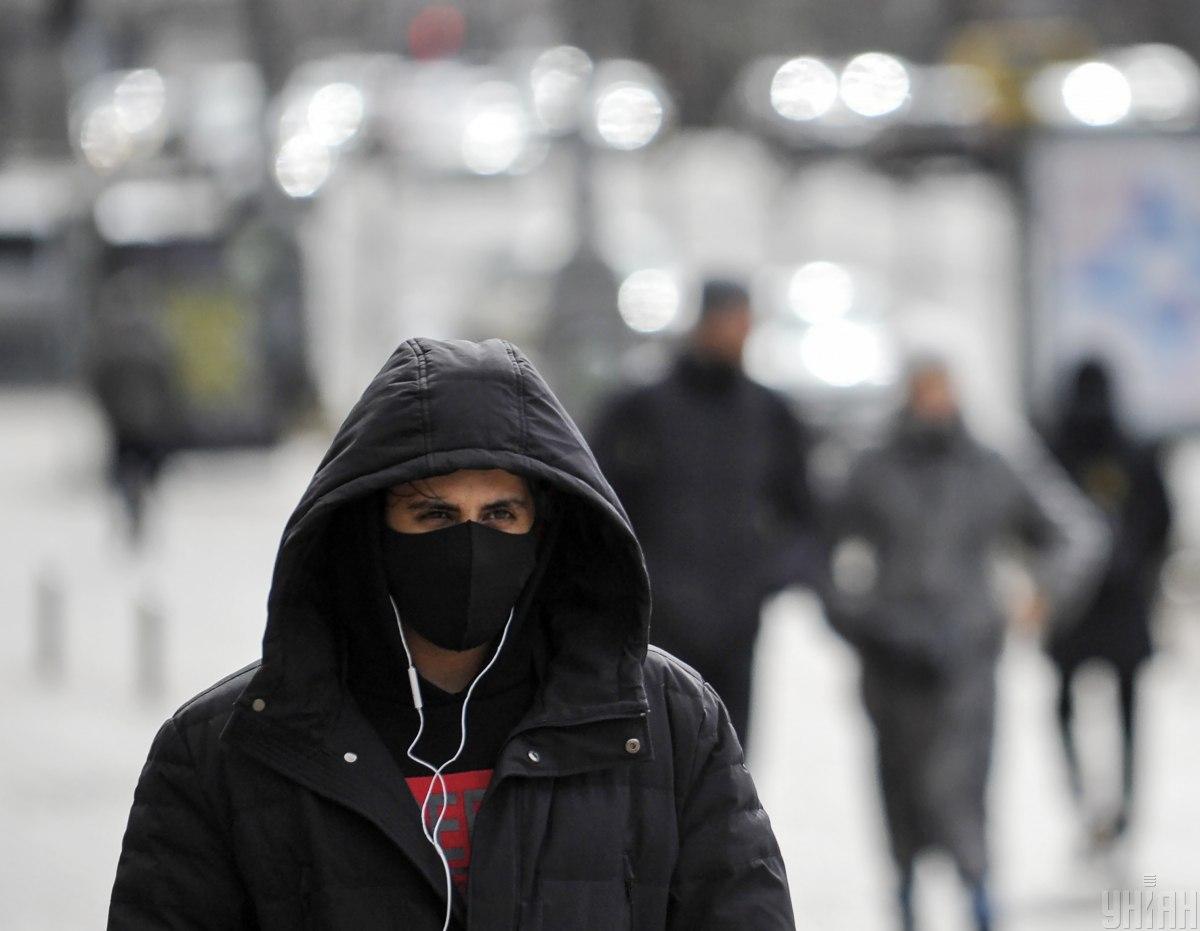
Week's balance: Capital, regional authorities introducing lockdown, Rada legalizing e-passports, wages growing
Due to the higher rate of COVID-19 spread, Kyiv and regional authorities across Ukraine are introducing strict lockdown measures, restricting public transport; the Verkhovna Rada has legalized e-passports displayed via a Diia app; while the State Statistics Service has reported on the increase in wages – these are this week's main economic developments.
The outgoing week will be remembered for the decisions on another tough lockdown in the capital and a number of regions amid the rising coronavirus incidence, as well as for some moves by the Verkhovna Rada.
On Wednesday, Kyiv Mayor Vitaliy Klitschko said the city would be put on major lockdown from April 5 amid record-breaking COVID incidence highs of over a thousand new daily cases. In addition to shopping centers, restaurants and markets, kindergartens and schools will be put to a close, while commuting in public transport will require special passes issued by employers.
"First of all, it's the staff of the city's critical infrastructure facilities who will receive such passes. These are medics, rescuers, social, transport, trade, and utilities workers, as well as the military," Klitschko explained.
The restrictions will remain in effect until April 16, although the Kyiv City State Administration doesn't rule out the extension of the said term. Officials hope that the morbidity rate will slide by mid-April, which will ease restrictions.
From April 3, Poltava, Mykolaiv, Vinnytsia and Zaporizhia introduced local lockdown for two weeks – transport services will be limited, while catering (except for delivery) will be prohibited, as well as the work of shopping and entertainment centers, markets, and cultural institutions.
Municipal authorities in Lviv, which remains in the "red zone", have extended tough quarantine bans until April 12. Odesa, also put in the red zone, is considering the introduction of a lockdown in the near future.
Financial assistance is provided for entrepreneurs and hired staff whose work was put to a halt due to lockdown bans.
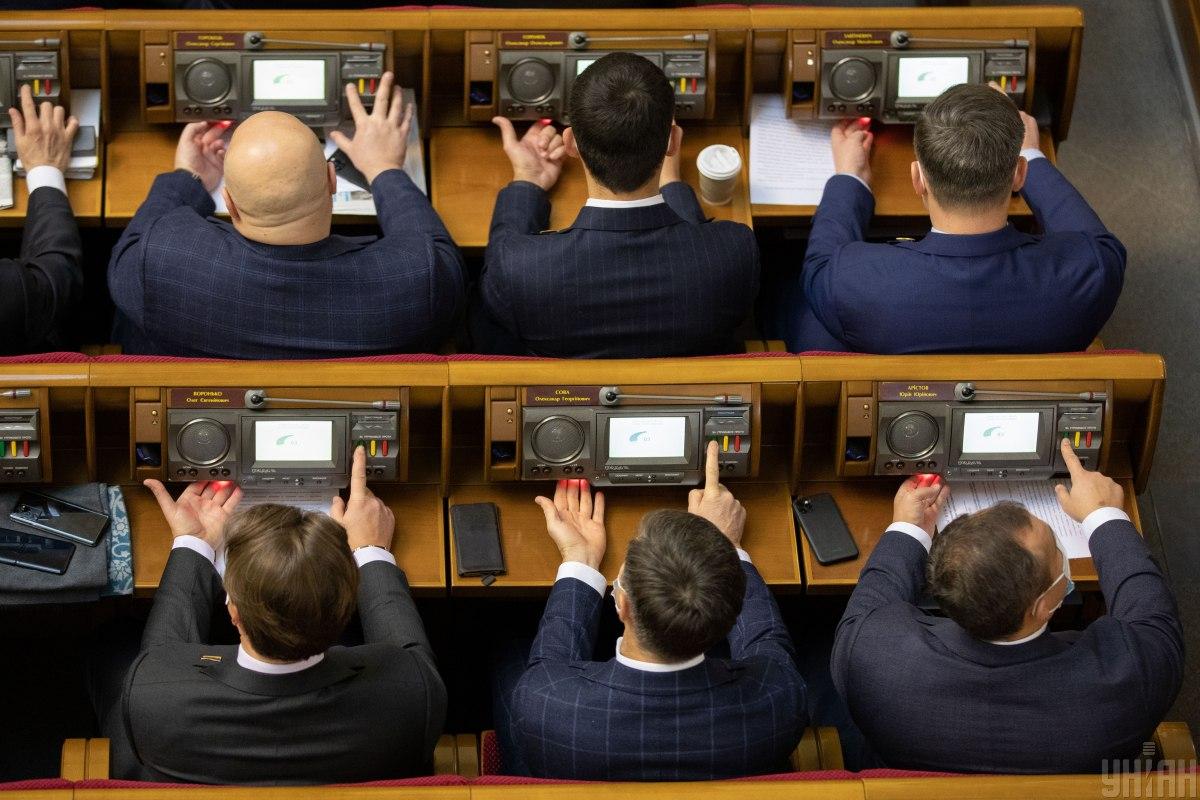
The Verkhovna Rada at an extraordinary meeting on Tuesday, March 30, approved UAH 8,000 payments from the state budget to those affected. Additional payments from local budgets shall be determined by local authorities.
It should be noted that while the Ministry of Health has no plan to announce a nationwide lockdown, this may actually happen if most regions find themselves in the red zone.
Legalizing e-passports
On Tuesday, the Verkhovna Rada gathered for an extraordinary plenary meeting and passed a number of bills in this convocation's trademark "turbo mode".
Legislators have equated e-passports with paperback ones – now citizens can be legitimately ID'ed through the Diia mobile app starting from August 23, 2021.
"Ukraine has become world's first country where e-passports have become full legal counterparts of ordinary IDs. This is an innovative step not only for our country, but for the whole world," Minister of Digital Transformation Mykhailo Fedorov wrote on Facebook.
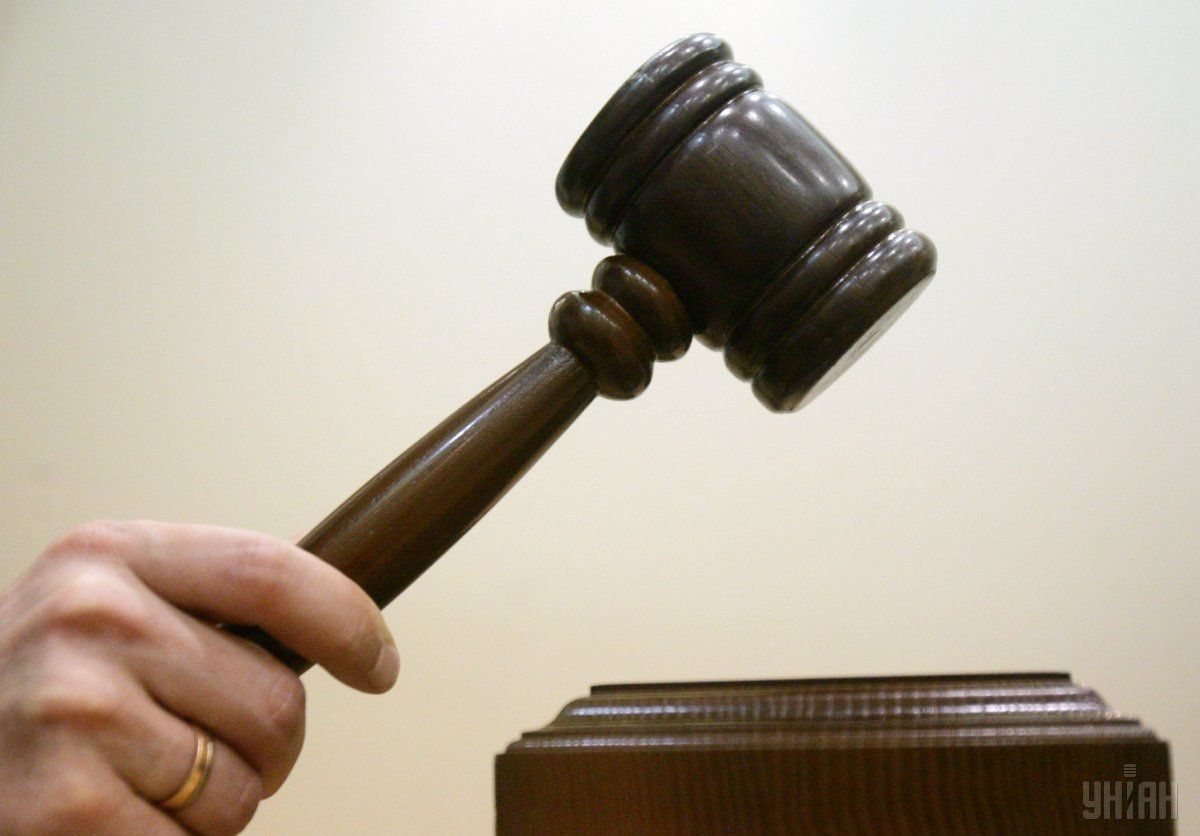
In addition, the Rada adopted a law on unblocking large privatization that has been stalled since March 2020 when the first lockdown was introduced.
The State Property Fund noted that the first auctions will be held this summer. The United Mining and Chemical Company JSC, President-Hotel JSC (Kyiv), Bolshevik Plant (Kyiv), and six energy distribution firms, which remained in state ownership, will be put up for sale.
As per the Ministry for Development of Economy, in the first quarter of 2021, about 400 SOEs were privatized for a total of UAH 963 million.
Legislators have also supported at first reading the bill on the allocation of UAH 6.9 bilion from the budget to finance the Ministry of Agrarian Policy and Food, which has been restored late 2020 without receiving actual funding.
Growing wages and state revenues
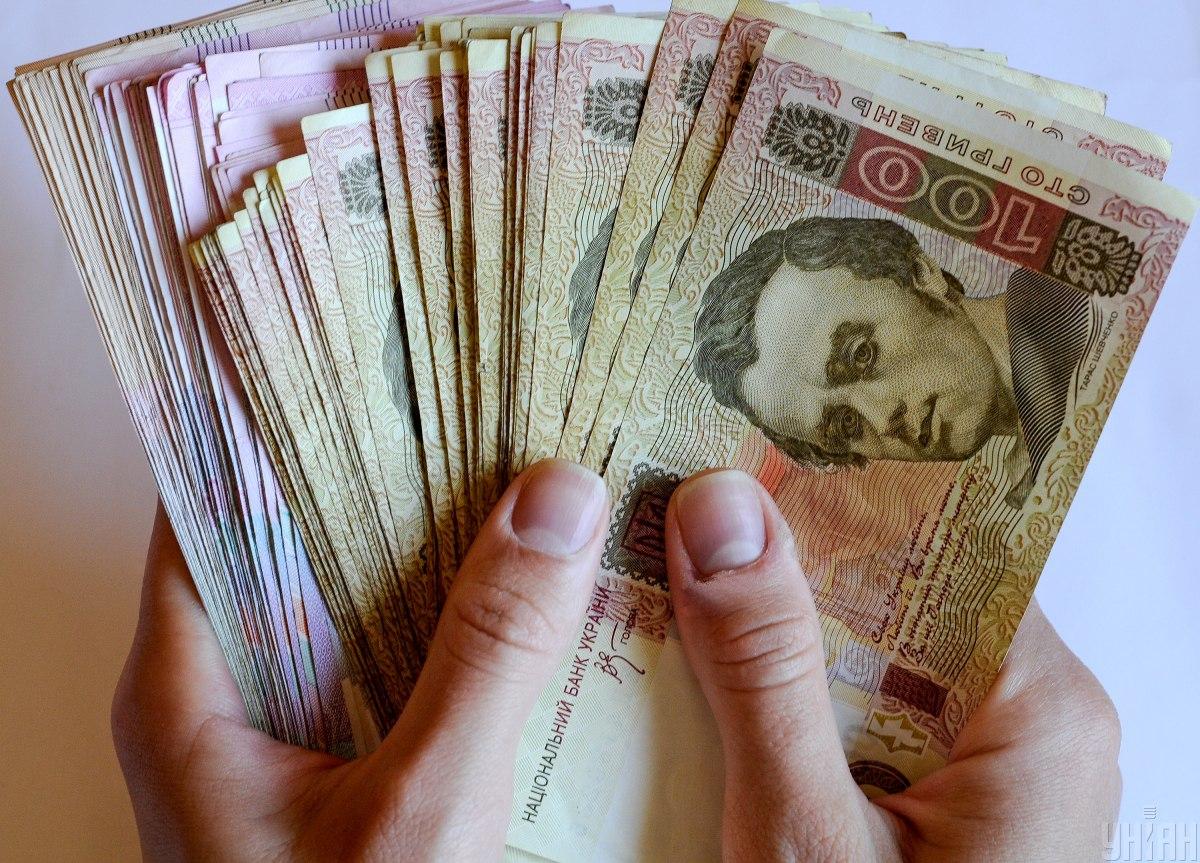
In the outgoing week, the State Statistics Service reported on the growth of wages. According to the latest stats, the average wage in February increased by 15.7%, up to UAH 12,549. This is more than twice the minimum wage, which is set at UAH 6,000.
The smallest average wage in the country was recorded in Kirovohrad region at UAH 9,903, while Donetsk region boasted of the highest – at UAH 13,224.
At the same time, the agency noted an increase in wage arrears. In February, they were up 8% against the previous month, amounting to UAH 3.2 billion as of March 1.
In the outgoing week, the State Treasury Service reported the increase in state treasury revenues. In particular, in March this year, the state budget received UAH 108.02 billion hryvnia in revenues, which is 8% higher than the target figure for this period. Compared to March 2020, budget revenues were up by 22.4%.
The balance of funds in the State Treasury's single account as of April 1 amounted to UAH 30.1 billion, which is 0.4% more than a month earlier. At the same time, the current balance has almost tripled year-on-year.
The National Bank said last week that the balance of foreign trade in goods and services of Ukraine for January-February 2021 was reduced with a deficit of $125 million against a deficit of $659 million a year earlier.
According to the NBU, the deficit of foreign trade in goods for the said period increased by 2.7% – from $948 million to $974 million, while the surplus of foreign trade in services almost tripled – from $289 million to $849 million.
As for Ukraine's relations with the main financial partner, the International Monetary Fund, there were no positive shifts in cooperation in the outgoing week. It should be recalled that in 2020, Ukraine received a $2.1 billion tranche under the $5 billion Stand-By Arrangement to tackle the COVID-19 pandemic fallout. The next trance is nowhere to be seen anytime soon, it seems.
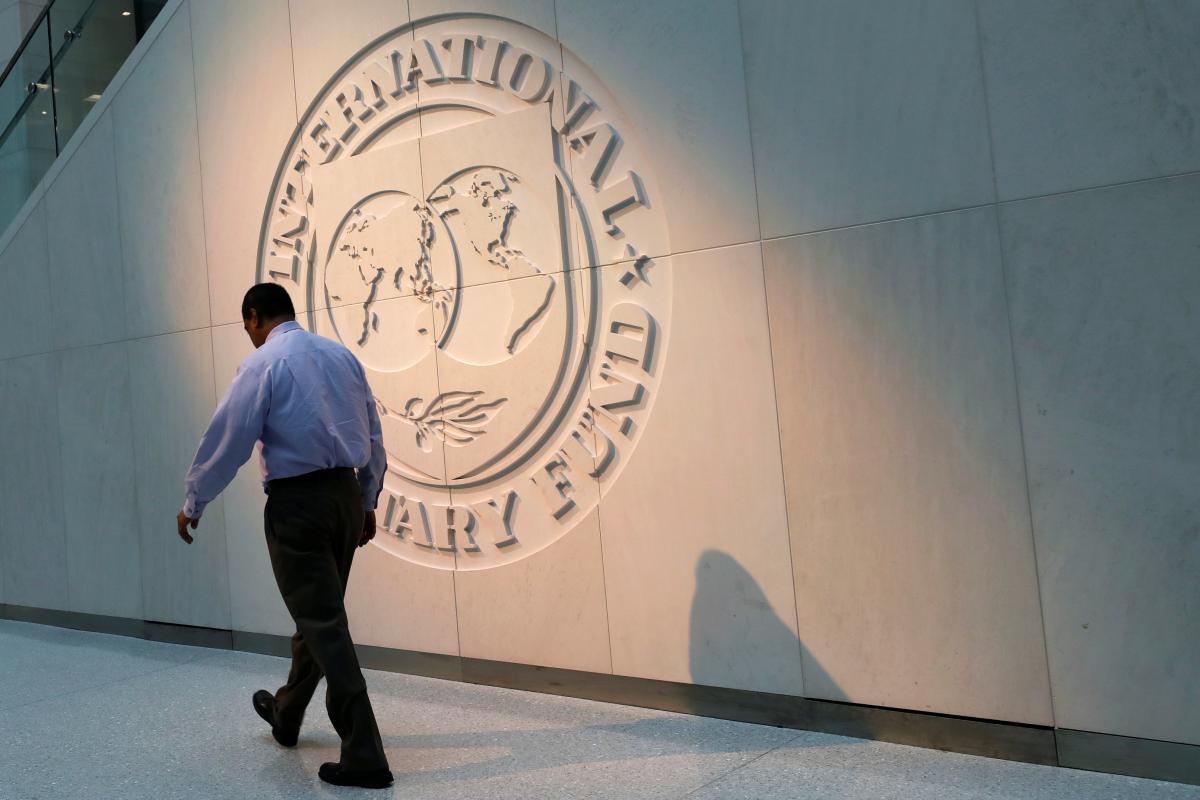
Recently, Finance Minister Serhiy Marchenko said the IMF was not giving money to Ukraine due to the country's failure to deliver on a number of obligations.
"The IMF is not giving the money because, unfortunately, as a country, we have violated some of the obligations undertaken in previous years, and we must restore these decisions," Marchenko said.
Among such unfulfilled conditions is the return of punishment for inaccurate declaration of assets. Ukraine also needs to fix its judicial system, as well as reform gas and electricity markets based on market principles. Meanwhile, the IMF and Ukraine continue their active dialogue.
Next week will delight Ukrainians with nice April weather –most regions will see warm days with only a bit of rain. Such conditions are favorable for the spring sowing campaign, which farmers have already begun in the south. In the central and northern regions, the campaign is about to launch. Also next week, the State Statistics Service will publish fresh data on March inflation.
Also, residents of the capital and a number of other cities across Ukraine will again be forced to return to life in severe quarantine and, which could be further extended until Easter holidays, as the last year's experience shows.
Anna Nahorna

